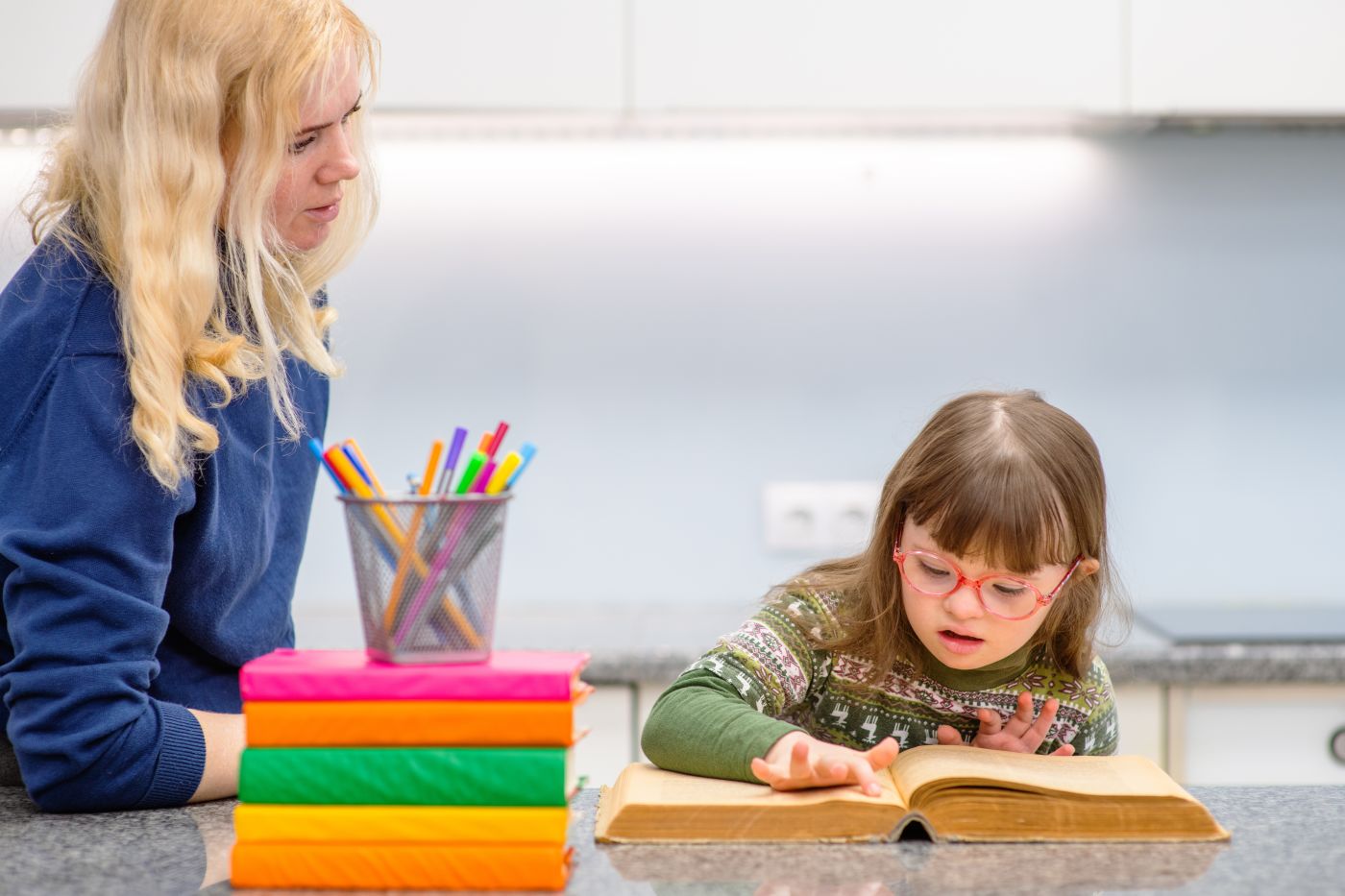Every parent wants the best education for their child. When a child is in special education classes, sometimes problems arise with the teacher or the paraprofessional in the classroom. Parents may want more information about common disagreements and what they can do to resolve them.
Qualifications
In New York, special education teachers must meet certain educational requirements to teach in special education classrooms. They must have a bachelor’s degree from an accredited college or university with coursework in special education. They must also hold a valid teaching certificate. They also may need additional certifications or training to teach students with specific needs, like visual or hearing impairments.
Paraprofessionals must have a high school diploma or equivalent, but some school districts may also require an associate’s degree. Some school districts may prefer that paraprofessionals have prior experience working with special needs students.
Common Disagreements
Parents may be concerned that the teacher or paraprofessional is not adequately trained in specific areas related to supporting their students. Also, one of the most frequent disagreements between parents and teachers is a lack of communication. This may be a failure to follow up on emails or calls or a lack of updates on the student’s progress.
While special education includes an individualized plan for students, parents may feel that there is not enough focused instruction to meet their student’s needs. They may also have concerns with classroom management, specifically that there is limited structure and organization.
Complaints can also arise if there is no effective collaboration between special education teachers and general education teachers. Special education students must be included in activities with their peers in general education. There is support for parents who need help to address these concerns.


